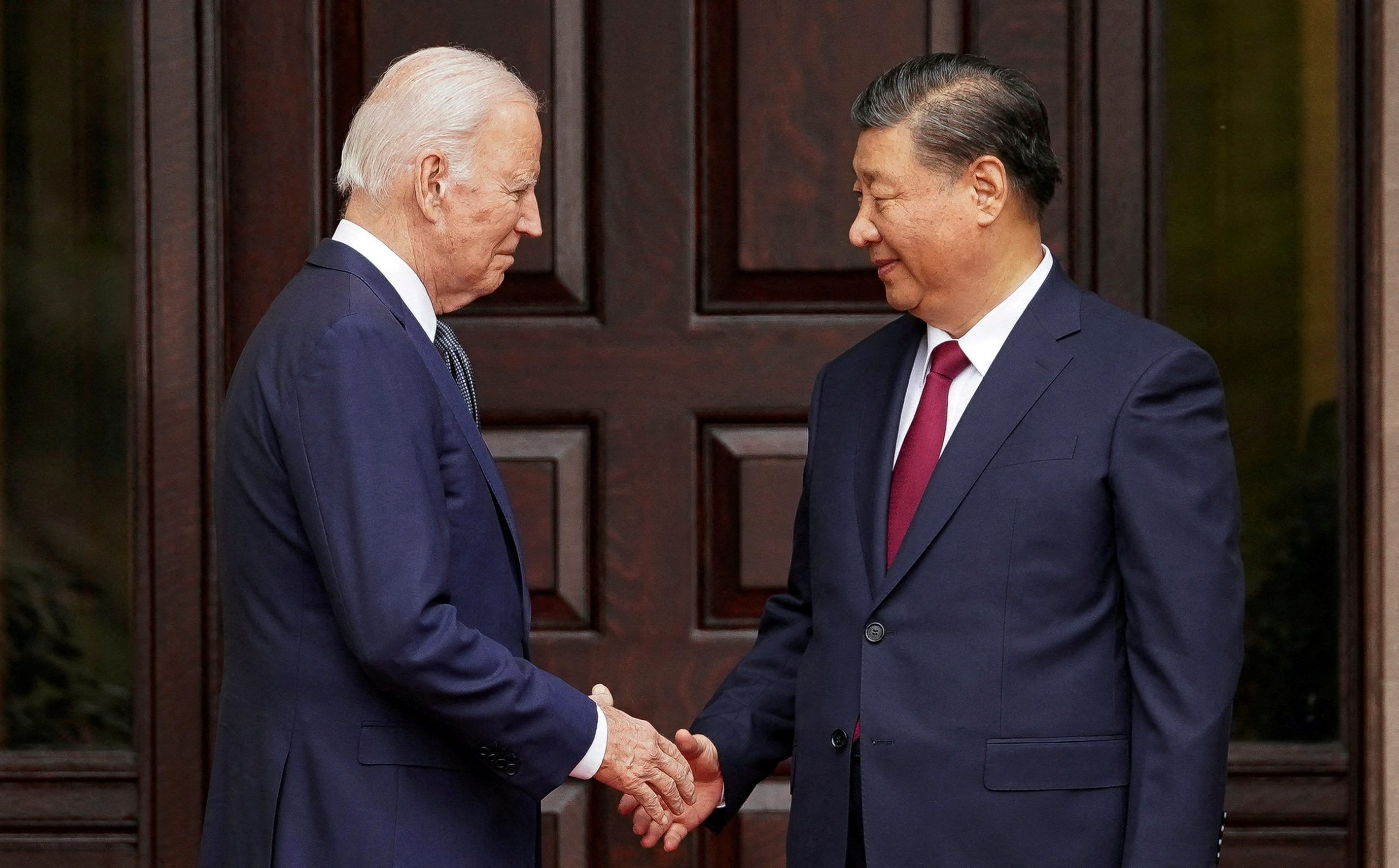The November 2023 California meeting between Presidents Joe Biden and Xi Jinping raised doubts about mending US-China hostilities.

US-China Detente Likely To Remain Elusive In 2024 – Analysis ((Photo: Google)
Post-Summit Dynamics and Domestic Pressures Shape US-China Relations
The conference reached tactical agreements but failed to address core friction and mistrust, leaving the bilateral relationship vulnerable to unexpected occurrences.
US Secretary of State Antony Blinken and Chinese Foreign Minister Wang Yi reaffirmed the significance of building on summit advances in early December 2023, although consensus remains unclear. Acquiescence to US requirements is hindered by Xi’s nationalist position in China and Biden’s susceptibility to being labeled ‘soft’ on China.
The US House Select Committee on China’s report urging a reset in economic and technology competitiveness with China highlights internal support for a tough posture against Beijing.
READ ALSO: US Lawmaker Sparks Showdown: Calls For Trade Restrictions On Abu Dhabi AI Giant G42 Over Alleged China Ties
Antagonistic Dynamics and Flashpoints in US-China Relations”
Due to China’s ascent and the US’s opposition, structural and historical circumstances create a zero-sum contest view, limiting peaceful coexistence.
Due to overblown threat perceptions and charges of insincerity, US-China relations are antagonistic. Despite detente efforts, strategic trends predict hostilities may rise in 2024, with Taiwan and the South China Sea as flashpoints. Reciprocal tolerance and understanding might slow deterioration, but mutual distrust remains a major obstacle in the new year.
READ ALSO: U.S. And China Discuss Defense Before Taiwan Election As Tensions Rise

















































